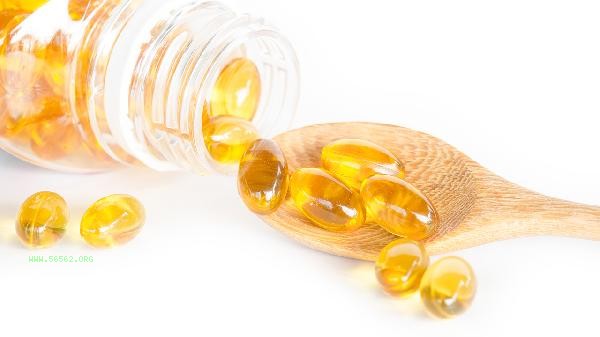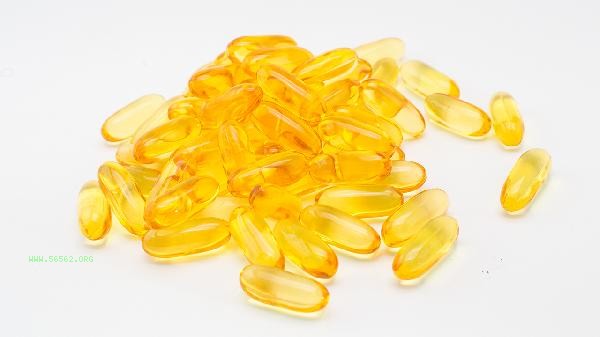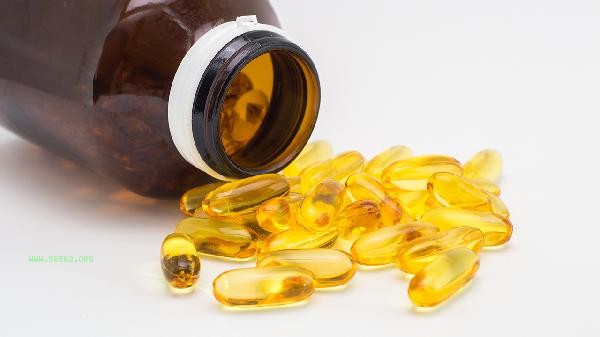The vitamin C exercise population usually refers to those who regularly engage in physical exercise or high-intensity sports, and their demand for vitamin C may be higher than that of the general population. Vitamin C is beneficial for post exercise recovery, reducing oxidative stress, and enhancing immunity, and is mainly suitable for long-term athletes, fitness enthusiasts, and other groups. During exercise, people produce a large amount of free radicals. Vitamin C, as an antioxidant, can neutralize free radicals, reduce muscle damage and inflammatory reactions. supplementing with vitamin C after exercise can promote collagen synthesis, accelerate muscle repair, and alleviate delayed muscle soreness. Vitamin C can also help with iron absorption, prevent sports anemia, and maintain normal levels of hemoglobin. High intensity exercise may temporarily suppress immune function, while moderate supplementation of vitamin C can reduce the probability of upper respiratory tract infections.

Some special sports populations need to pay attention to the way vitamin C is supplemented. People with insufficient gastric acid secretion may experience gastrointestinal discomfort if taken on an empty stomach, and it is recommended to take it with meals. Individuals with abnormal oxalate metabolism or a history of kidney stones should control their intake and avoid excessive supplementation that may cause urine acidification. Supplementing vitamin C to patients with hereditary hemochromatosis may increase the risk of excessive iron absorption, and the dosage should be adjusted under the guidance of a doctor. Sports enthusiasts can obtain vitamin C through fresh vegetables and fruits, such as broccoli, kiwifruit, fresh dates, and other foods that are rich in natural vitamin C. Supplementing within 30 minutes after exercise is more effective, but avoid consuming calcium containing foods that may affect absorption. Long term high-dose supplementation may interfere with copper absorption or mask anemia symptoms. It is recommended that the general exercise population consume no more than 1000 milligrams per day. Maintaining a balanced diet before and after exercise is more beneficial for health than relying solely on supplements.





Comments (0)
Leave a Comment
No comments yet
Be the first to share your thoughts!